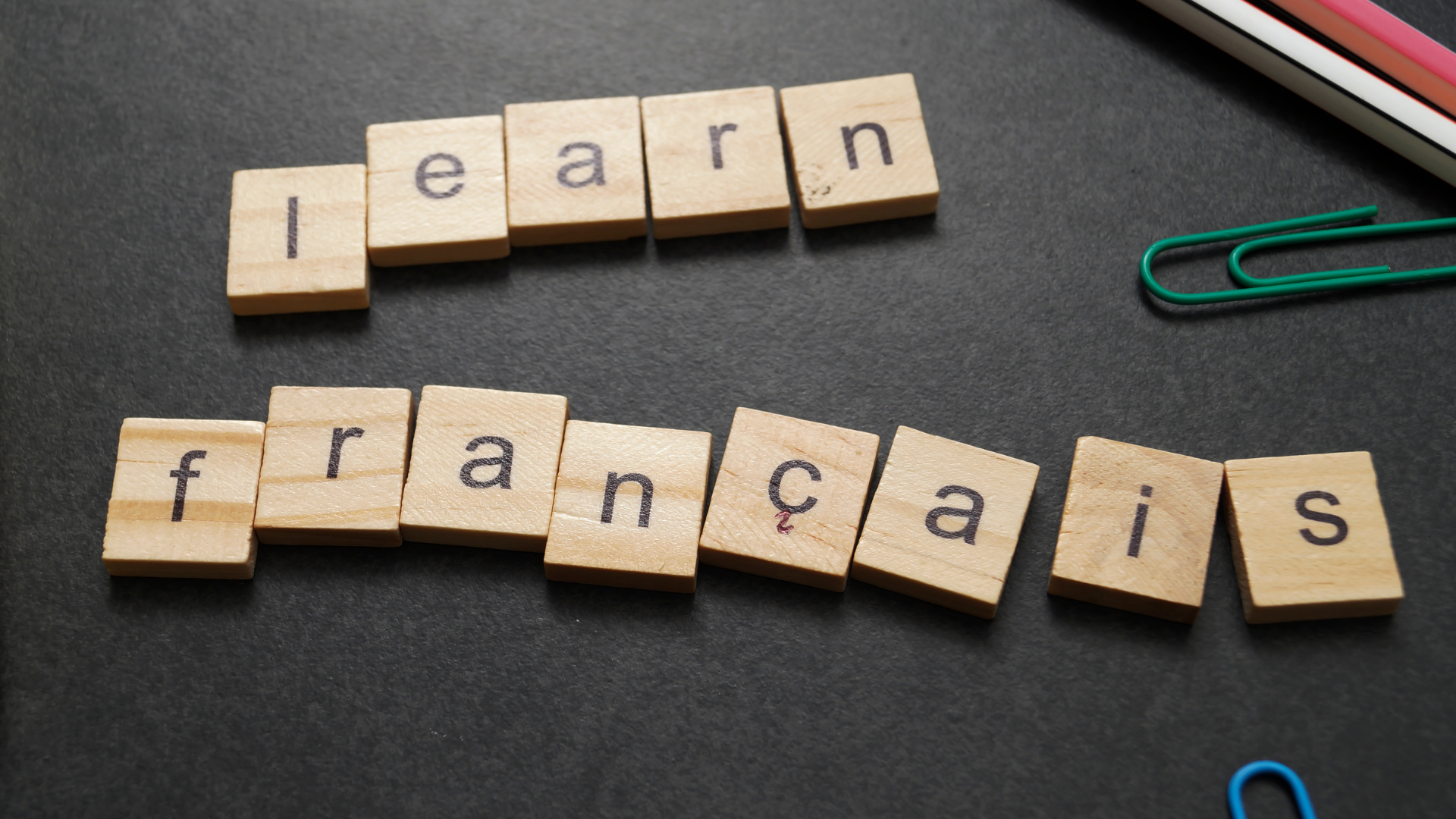Why learning French is good for you…

We should all be a little less anxious about learning a language, says Lucy Shrimpton as she examines the science behind the benefits and shares some practical advice on how to learn French
Hands up who remembers Del Boy from the sitcom Only Fools and Horses and his cringeworthy comic mullering of la langue française, If you’ve never seen his toe-curling “bonnet de douche”, “mange tout” or “au contraire” – all used out of context of course – well, all you need know is that it was a feat of satirical TV gold exposing the home truth that native English speakers don’t always have-ahem -the best reputation when it comes to mastering foreign languages.
There are countless exceptions of course, but among those who never bought in to language learning, it’s not generally over-confidence that characterises the attitude to language but plain old defeatism, especially it seems, as we get older. Comments along the lines of “The whole world speaks our language, so why learn another?” really aren’t all that unusual.
Quite frankly, I think we should be forgiven for linguistic inertia. Anglophones aren’t overwhelmingly monolingual because we’re inherently lazy but because our history and culture have shaped us that way. I blame everything from colonialism to a lack of Modern Foreign Languages funding in schools, but that’s another story…
But what does it matter if we only speak English anyway? Well, on a global level, an epidemic of monolingualism means we become disconnected linguistic islands with all the socio-political issues that that implies, while on a personal level it means we often have such an irrational fear of trying out language in situ, that there’s a barrier not only to functional day-to-day communication but also to enjoyment of that country’s culture.
Worse still, did you know that preventing the brain from reaching its linguistic potential could mean we’re missing out on a massive health-related bonus too?

The science of learning a language…
We’re all aware that with medical advances, the new age of ageing is taking us further than ever before into our eighth and ninth decades (and the wrinkly beyond), but while we’re all doing the maximum to make our bodies hold out as long as possible, it’s easy to forget we need to nurture a healthy brain to inhabit it too.
And here’s why you might want to do just that by learning a language, explains languages expert Cate Hamilton. “Our brains have evolved to juggle multilingualism easily, and neuroscientific research has made several leaps of late to demonstrate that even if you’re getting on a bit, language learning is one of the best all-round forms of mental gymnastics available. Learning a language builds cognitive reserves like a huge pension fund and steers us towards the most functional long-term life possible.”
“And Sudoku’s great,” corroborates Thomas Bak, neuroscientist at the University of Edinburgh, “but it’s like going to the gym and only exercising on one machine. Language learning lights up every part of the brain, so it’s like going on all of the machines at the gym – the full brain workout.”

Learning French in France
Of course, if you’re moving to France or have already done so – then learning the language becomes something of a necessity rather than a brain-boosting hobby. And yes, it’s challenging, but it’s also self-satisfying, empowering, and even addictive. But how to begin? Well, everyone has a different approach and there is no wrong way.
Start by thinking about what type of learner you are and how much time you can commit. And ensure the approach you take is something you can dip into regularly to keep the language momentum moving. You’ll most likely choose to take a combined approach.
Do I need to be fluent in French to live in France?
Non. Learning a language need not be about bilingualism or fluency. It’s about getting by, challenging yourself, staying curious. “Consider this analogy,” says Thomas Bak. “If you want to play tennis to win Wimbledon, you’ll have to start at the age of five. But if you want to play tennis just to get some exercise, start as late in life as you like. The same applies to languages. If you want to sound like a native, start in childhood, but if you just want to learn for pleasure, to get by, or to exercise the brain, it’s never too late.”
I didn’t even do French at school, can I still learn the language?
It’s completely possible to become language proficient from scratch. “Equipping yourself with I can, I want to, I need to’ gives you the basics for a transactional conversation and you can build from there,” says Cate Hamilton.
Am I too old to learn a new language? Old dog, new tricks…
Non. Just look at the famous Mary Hobson case to see how capable older brains are. While recuperating after an operation at 56, Mary read War and Peace, then taught herself Russian, did a doctorate in Russian poetry and still translates in her gos. You don’t have to whole-hog it like Mary, but hey, as role models go…
Looking to learn French through immersion?
XPF offers various immersion plans in the region of Yvelines from one-week immersions (solo or with guests) to 12-month Club XPF and a 3-month Fast Track French course, which provide targeted coaching before and after week-long immersions to help you maintain the habit of learning French. The team will curate for you a personalised programme that guides you on your French adventure as you explore and acquire the gift of a new language.
Share to: Facebook Twitter LinkedIn Email
More in language


